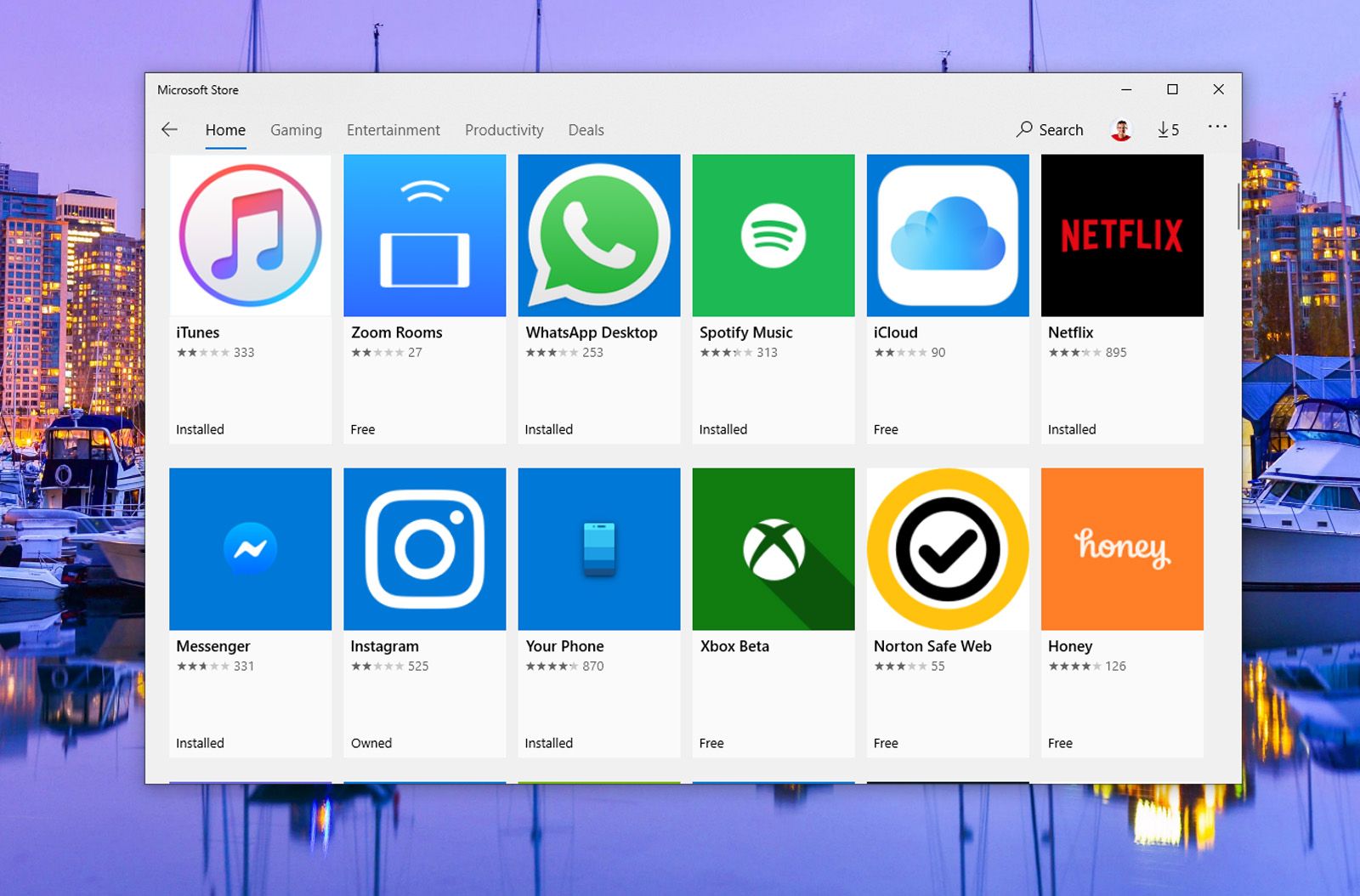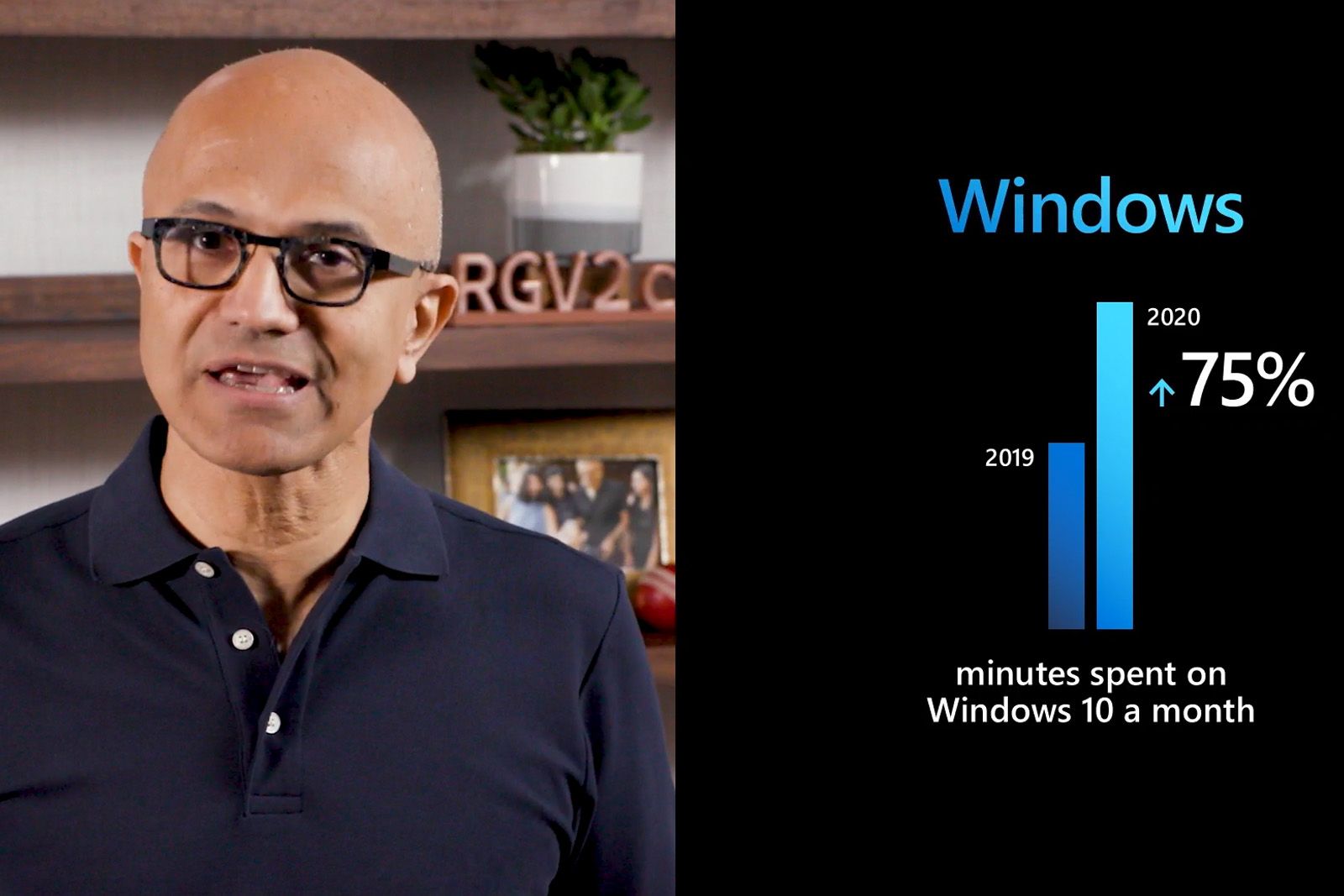Microsoft has announced Project Reunion - its latest attempt to simplify Windows apps. As you may know there are two types of Windows apps at present - traditional Win32 desktop apps you install from anywhere and Windows Store apps - known as UWP or Universal Windows Platform apps.
This can be confusing and in the light of ever increased competition from other platforms like iPadOS, it's something that Microsoft wants to rectify. Apple has also wrestled with the divide between macOS and iPadOS/iOS apps.
The announcement was made at the kick-off of Microsoft's virtual Microsoft Build developer conference.
Reminding us that there are now over a billion Windows 10 devices in use, Microsoft CEO Satya Nadella hailed a 75% increase in the minutes spent on Windows 10 in the last month and announced the initative.
"Windows has always been the most important platform for us. And now we're unifying the Windows platform, allowing for seamless integration across both Win32 and UWP apps using Project Reunion."
Kevin Gallo, corporate vice president of Windows, said that Microsoft wants to "make it easier to build great apps that work across all the Windows 10 versions and devices people use".
It plans to do this by bringing together the processes that developers use to build these apps (APIs) and put them on a common platform whatever they're coded with. Existing apps will be able to be migrated.
Gallo says Microsoft will also "polyfill as needed so the APIs work down-level across supported versions of Windows". That means devs can create apps for the latest version of Windows 10 without worrying too much if it'll work on older versions because Microsoft will ensure compatibility.
"For the past couple of years, we have been breaking down the barrier between Win32 (also called the Windows API) and Universal Windows Platform (UWP) APIs. Project Reunion expands this effort to make it easier to build a great Windows app. It will unify access to existing Win32 and UWP APIs and make them available decoupled from the OS."


